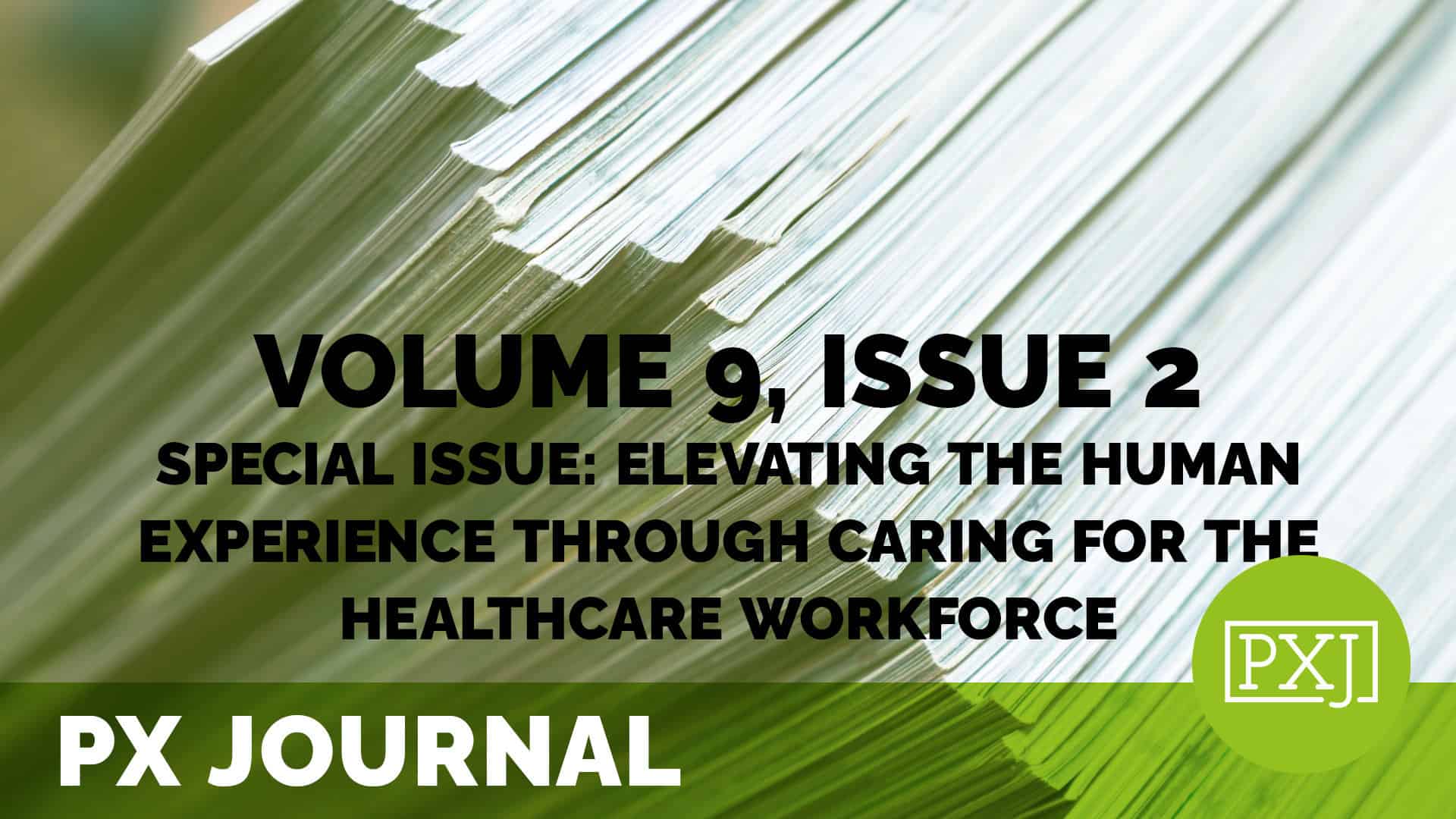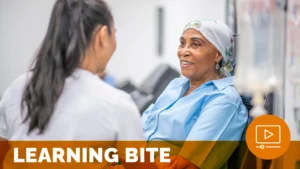Improving workforce experiences at United States Federally Qualified Health Centers: Exploring the perceived impact of generational diversity
Published August 4, 2022


This qualitative study aimed to explore a multigenerational workforce’s impact on employee engagement as perceived by Federally Qualified Health Centers’ (FQHCs) C-suite executives. It sought to answer one research question: What is the perceived impact of generational diversity on employee engagement of Federally Qualified Health Centers (FQHCs) in the United States? This cross-sectional study was national. Primary data were collected using a self-developed, two-part survey instrument: (1) eight demographic questions and (2) two open-ended, short-answer questions. Cognitive interviews, reviews by five subject matter experts, and a pilot study were completed to ensure the instrument’s validity and reliability. Demographic data were analyzed using Minitab V19, and qualitative data were analyzed using MAXQDA V2020. The final sample (n=81) represented 6% of the 1,400 U.S. FQHCs and consisted of respondents from all five U.S. geographic regions: Northeast, Southeast, Midwest, Southwest, and West. Of the 81 FQHCs, one-third had a four-generation workforce, and over one-half had a five-generation workforce. A multigenerational workforce was important and necessary because of enhanced work creativity, improved problem solving, and a better representation of FQHCs’ diverse patients. Conversely, a multigenerational workforce also presented challenges, including the need to address generation-specific expectations, family dynamics, rewards and recognition, technology proficiency, and learning and training opportunities. Engaging a multigenerational workforce presented benefits and challenges. The benefits included fostering a sense of learning culture, transferring knowledge and skills, and promoting more representative patient communities which FQHC employees served. The challenges included varied expectations, different communication styles, and inter-generation perceptions in healthcare workplaces.
Related content
-
Culture & Leadership | Staff & Provider Engagement
Nonviolent Communication to Improve the Human Experience
Published January 28, 2025

Complimentary – Discover the transformative power of Nonviolent Communication (NVC) in this engaging webinar. Grounded in emotional intelligence, NVC equips healthcare professionals with tools to resolve disputes and prevent conflict escalation through clear, compassionate communication. Participants will explore NVC’s four-step framework, which focuses on identifying feelings, understanding needs, and connecting with values that shape actions
Learn more -
Culture & Leadership | Staff & Provider Engagement
Shaping a Human-Centered Patient Experience Across Interdisciplinary Teams
Published November 14, 2024

Complimentary – Patient experience directly impacts patient wellbeing and care outcomes, as well as the reputation of the hospital. But is the patient experience defined by the medical care alone? A recent deep-dive study on Voice of the Patient Data highlights the fact that 53% of patients’ feedback focuses on the medical care and teams.
Learn more -
Staff & Provider Engagement
Fostering a Growth Mindset in Healthcare: A Strengths-Based Approach to Improving Patient Experience
Published February 5, 2025

This learning bite explores a pilot program that took a compassionate, strengths-based approach to improving provider communication and engagement. By focusing on relationship-centered training—rather than remediation—the program led to significant improvements in patient experience and provider well-being, offering a scalable model for fostering a growth mindset in healthcare.
Learn more
